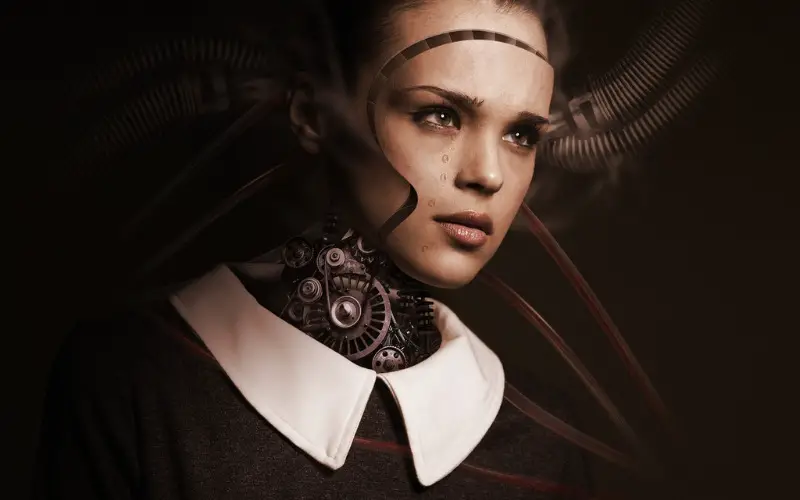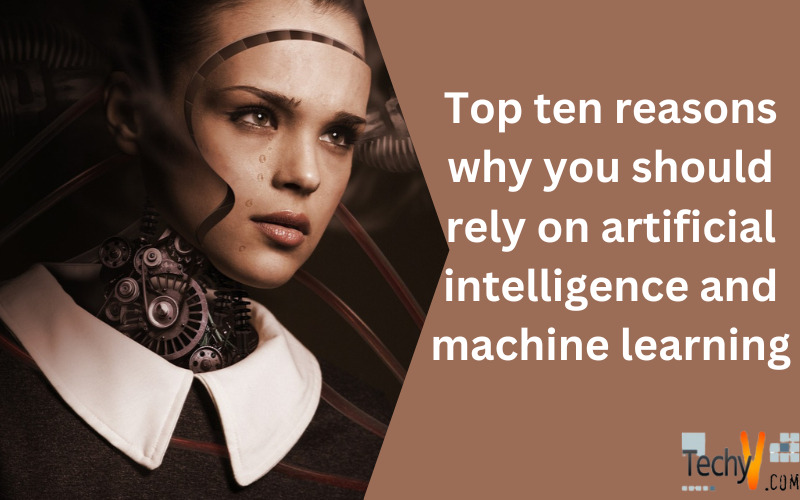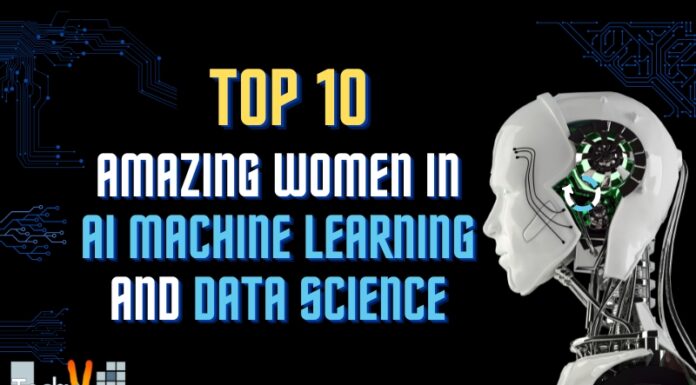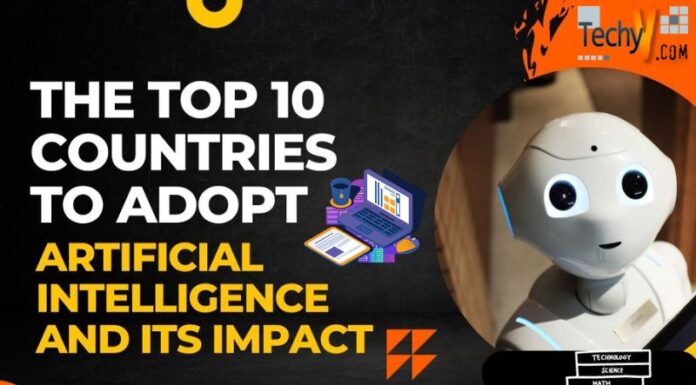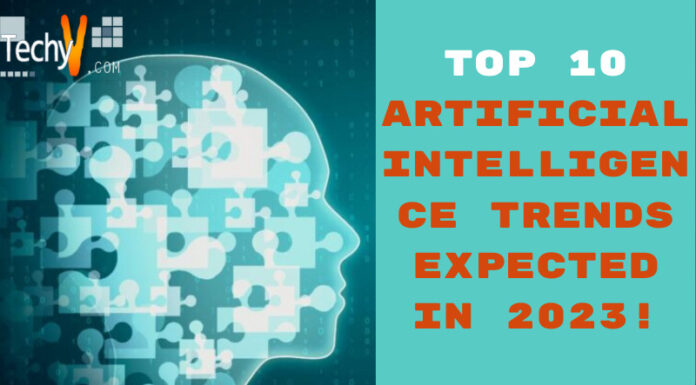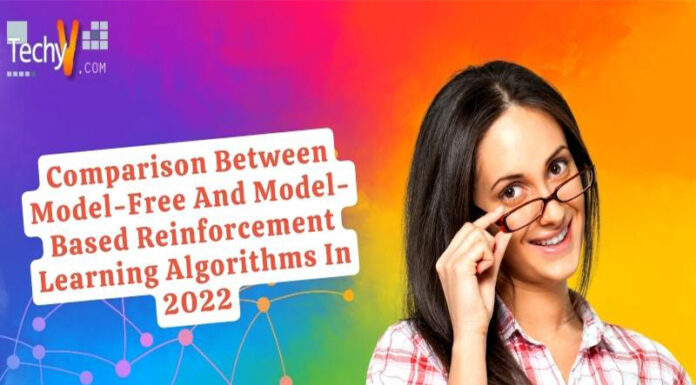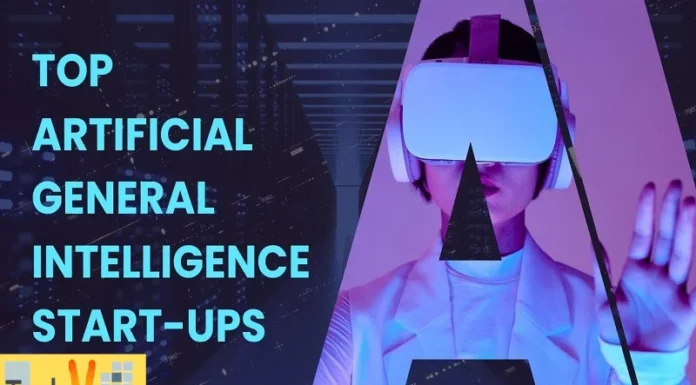The human mind is a vast and fascinating subject in science and psychology. Each field has its definition. It can do incredible things that we cannot even imagine. But there is a new and more fantastic subject that has emerged against the human mind: artificial intelligence (AI). AI is growing fast, and there is no turning back. AI has faster and more accurate results compared to human minds. Every day, we hear about new AI tools and technologies that challenge our human mind. In recent years, AI and ML have taken over the internet. One example is OpenAI Chat GPT. Tasks that used to take hours or days can now be completed by AI within seconds. However, we should not be dependent on this new technology. This technology is created by us, not by machines. So, we should never forget that humans are the creators of AI and devices. Here are the ten reasons why you do not rely on AI and ML
1. Lack Of Explaining Ability
AI lacks explainability because it often makes decisions without clear reasons that humans can understand. It is similar to a magic box, in which we can see what is going inside and what is coming out but we cannot see what is happening inside. This makes it doubtful to anyone where and how this came from. We cannot trust the data if we do not know the origin. What if the information AI gave us came from any unreliable source? Explainability is crucial because it enables us to check the accuracy of AI.
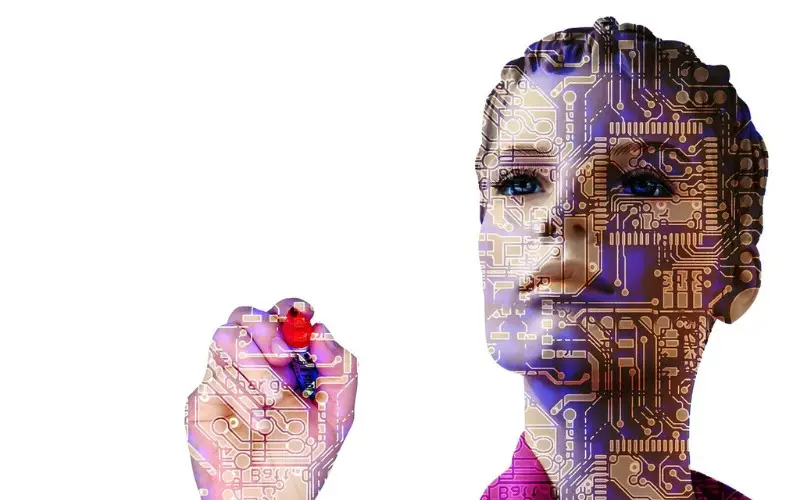
2. Bias In Data Models
Artificial intelligence can be biased based on trained data or the information it gets from, which can be reflected in societal biases. If the oriented information is not truly diverse or representative, the AI will make biased decisions. For example, if an AI model is trained on historical data that is biased against certain groups, it may portray them as something evil or maybe worse, which can be badly influenced by society and their harmony.
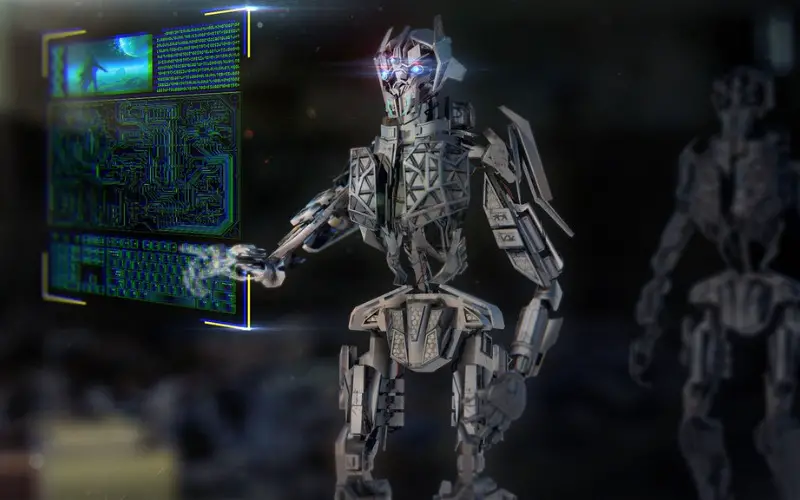
3. Lack Of Creativity
In this topic, there is no need to discuss about who is better at creativity. The human mind is born with creativity, and we know AI lacks this because it is programmed to follow instructions and achieve a particular goal. Ai cannot think out of the box or develop new ideas on its own. It relies on information and patterns which we provide and cannot generate truly original ideas like us.
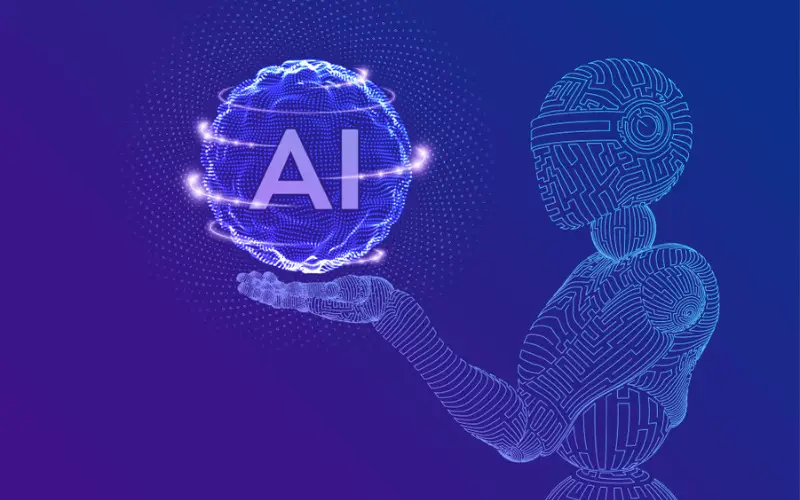
4. Lack Of Adaptability
AI cannot adapt to its current surroundings, and it struggles to adjust and learn from new situations or information. We can adapt as our position is right now, just like chat GPT 3.5, it only has the data till 2021. AI needs to be updated regularly to provide the information as a current scenario. In simple words, AI struggles to keep up with changing circumstances and may not be able to provide accurate or reliable solutions.
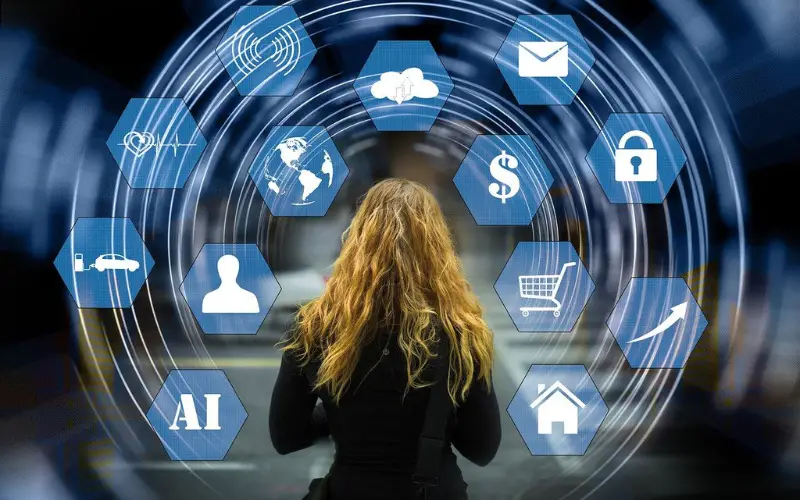
5. Need Our Human Mind In Judgement
Till now, you may be familiar with how AI relies heavily on the data and information it is provided with to make decisions. However, it also requires a human understanding of context and emotions, as humans make subjective judgments based on various factors such as laws, medicine, and ethics. For example, consider a doctor who has encountered many patients throughout their career. They possess the ability to comprehend emotions and context and can compare cases with previous experiences to provide appropriate treatment. In contrast, where AI lacks responses based on the trained data.
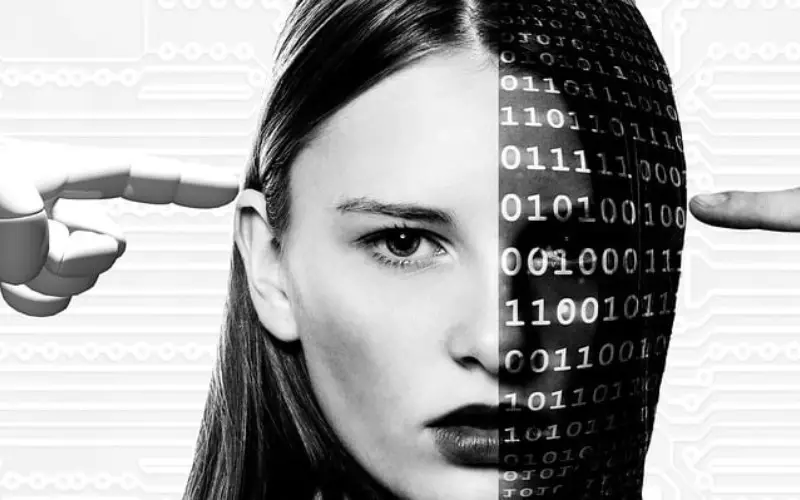
6. Unable To Give Reasons
As AI fails human-like understanding and common sense, AI cannot explain things simply. Significant amounts of data are used to train AI models like GPT-3.5 Turbo, yet the models do not understand the purpose of the data. Instead of using actual understanding, they create responses based on patterns and statistical probabilities. This reduces their ability to offer clear and logical justifications. Also, artificial intelligence cannot draw from the feelings and memories that are often crucial to providing complex and relevant responses. As a result, AI finds it challenging to explain complicated ideas.
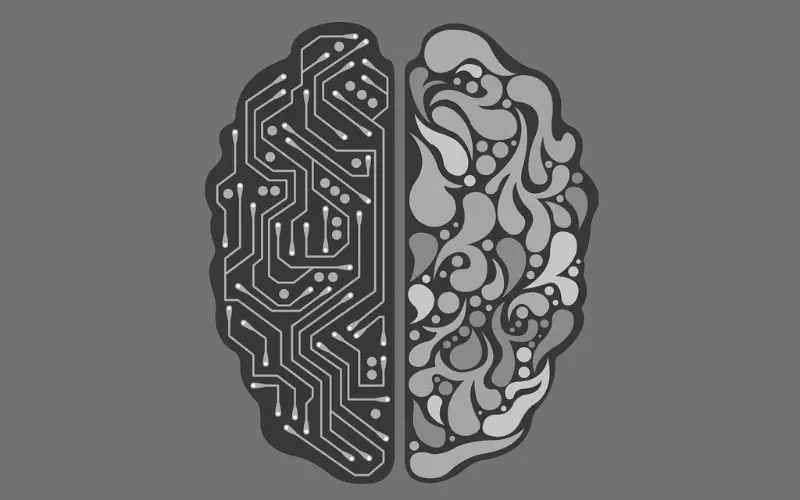
7. No Real-World Knowledge
Because AI is built on computer programs and information, it lacks real-world knowledge. It can deal with and assess data. However, without humans, it is not directly connected to the physical universe. AI systems cannot comprehend or be conscious of their surroundings. They cannot face difficulties or benefit from real-life situations like humans can. The thinking powers of AI are not comparable to those of humans, and it is restricted to the patterns and data it is trained with.
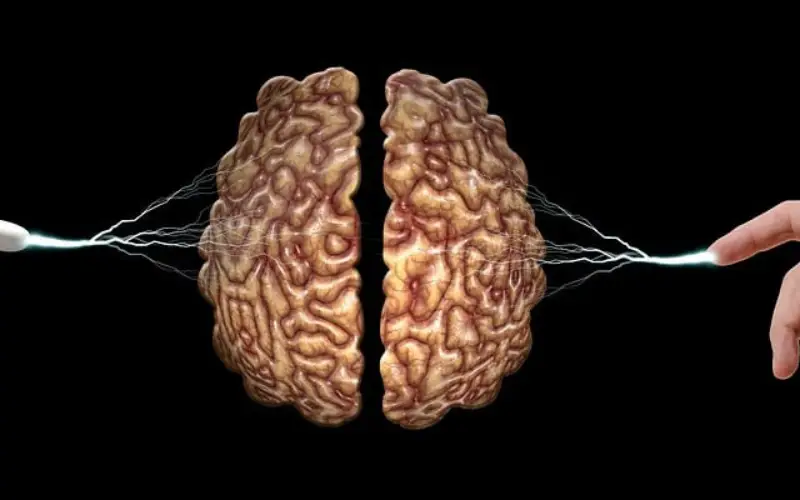
8. Lack Of Accountability
Due to the complex nature of its decision-making process, AI lacks accountability. AI algorithms, in contrast to humans, do not have explicit logic or justifications for their behaviours. Because of this, it isn’t easy to hold them accountable for the results. AI algorithms also depend on extensive training and datasets, which might create biases and flaws that might go undiscovered. It is challenging to assign blame when anything goes wrong due to this lack of openness and comprehension. To make sure that AI systems stay accountable for what they do, there is a need for increased transparency, explicability, and oversight.
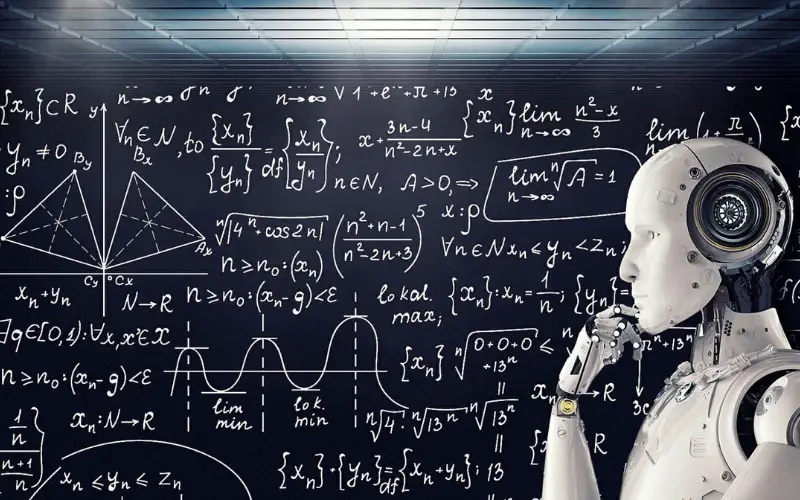
9. No Emotions
As AI is a machine, it has no sense of feelings. Humans have emotions, with emotions of joy, sorrow, and rage. The fact that AI can generate emotions, it cannot experience them. While AI aims to look at data and make decisions from that data, it lacks the subjective characteristics of humans and cannot have experiences of their own. Because it gets information and responds to commands, AI is unable to experience emotions in a similar way humans do.
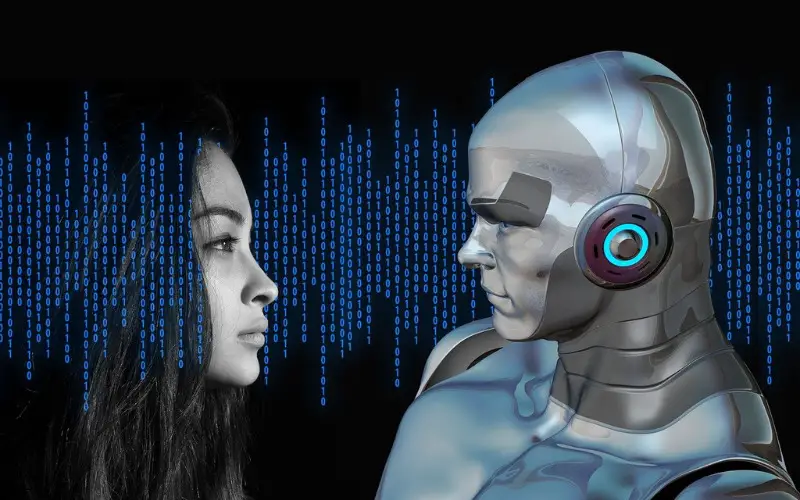
10. Lack Of Context
AI usually lacks context since it depends more on patterns and statistics than on knowledge from the actual world. It might have problems understanding language depth, cultural references, or specific situations. For example, it can misunderstand sarcasm or miss the emotional context of the interaction with them. AI cannot learn from personal experiences and common sense, which humans have naturally. This limitation could lead to misunderstandings or wrong responses. With significant improvements, AI still struggles to understand the context in the way that humans do fully.
